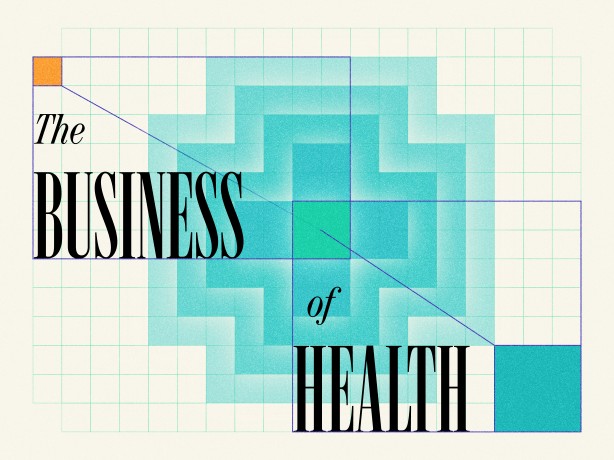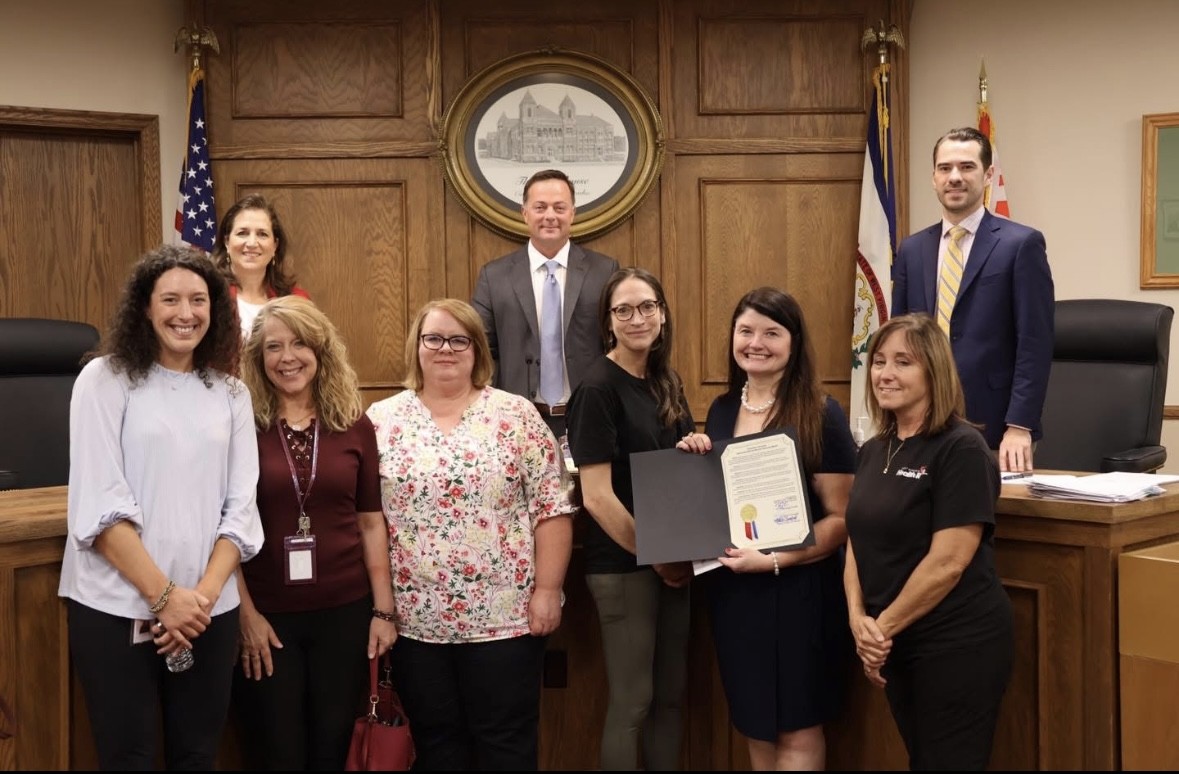Chicago Mental Health Crisis Response Stalled: Whistleblower Exposes Bureaucratic Bottlenecks and Limited Access

Chicago's response to mental health crises is facing a critical challenge, according to a whistleblower who spoke exclusively to our news outlet. Despite a dedicated team of mental health professionals eager to provide assistance, a frustrating combination of limited operating hours and excessive bureaucratic hurdles is significantly hindering their ability to reach those in need. This exclusive report sheds light on the internal struggles within the city's mental health crisis response program and raises serious questions about its effectiveness.
The whistleblower, who wishes to remain anonymous for fear of reprisal, painted a stark picture of a system struggling to function efficiently. “These crews are ready and willing to help,” they stated. “They have the training, the compassion, and the desire to make a difference. But they’re consistently being held back by restrictions that make it nearly impossible to do their jobs effectively.”
One of the primary concerns highlighted is the limited operational hours of the mental health crisis response teams. Currently, they are only deployed during specific daytime hours, leaving a significant gap in coverage during evenings, weekends, and overnight periods – times when mental health crises often escalate. This restricted availability means that many individuals experiencing acute mental distress are left without immediate support, potentially leading to more severe outcomes.
Adding to the problem is a complex web of red tape and bureaucratic processes that delay response times and impede access to care. The whistleblower described a system riddled with unnecessary paperwork, lengthy approval processes, and a lack of coordination between different agencies. “Every call requires multiple layers of approval,” they explained. “By the time the paperwork is completed, the situation has often deteriorated, or the individual has already moved on.”
The implications of these shortcomings are far-reaching. Chicago has been grappling with a growing mental health crisis, exacerbated by the COVID-19 pandemic and ongoing social challenges. A timely and effective response is crucial to preventing tragedies, connecting individuals with appropriate care, and reducing the strain on emergency services. The current limitations, as revealed by the whistleblower, are undermining these efforts and putting vulnerable residents at risk.
The Mayor's office has yet to respond to these serious allegations. Our news outlet has reached out for comment and will continue to pursue this story, seeking answers and accountability to ensure that Chicago's mental health crisis response program is adequately equipped to meet the needs of its residents. The need for immediate action is clear: Chicago must address these bureaucratic bottlenecks and expand access to mental health support to safeguard the well-being of its community.
What needs to change?
- Extended Hours: Expand operating hours to provide 24/7 coverage.
- Streamlined Processes: Simplify approval processes and reduce bureaucratic hurdles.
- Improved Coordination: Enhance communication and collaboration between agencies involved in mental health crisis response.
- Increased Resources: Allocate additional funding and personnel to support the program.





